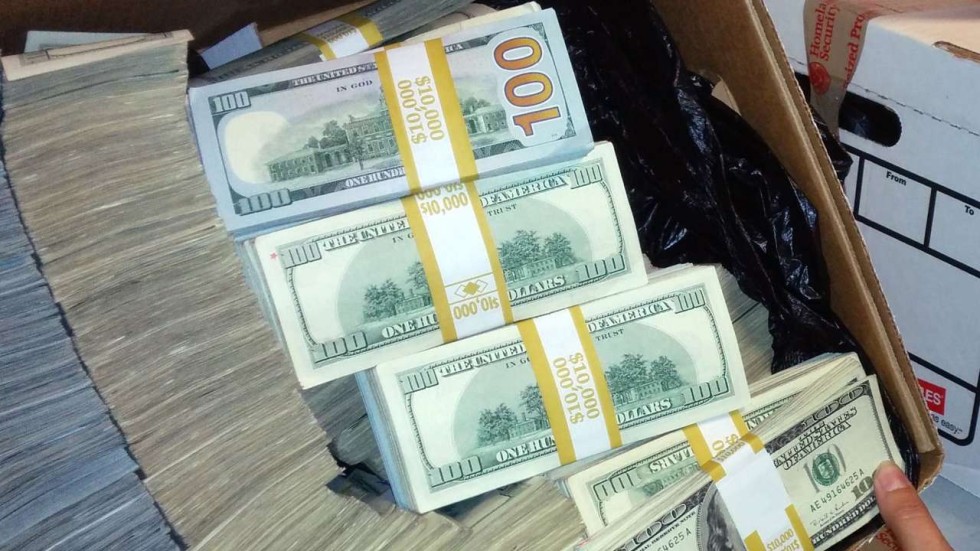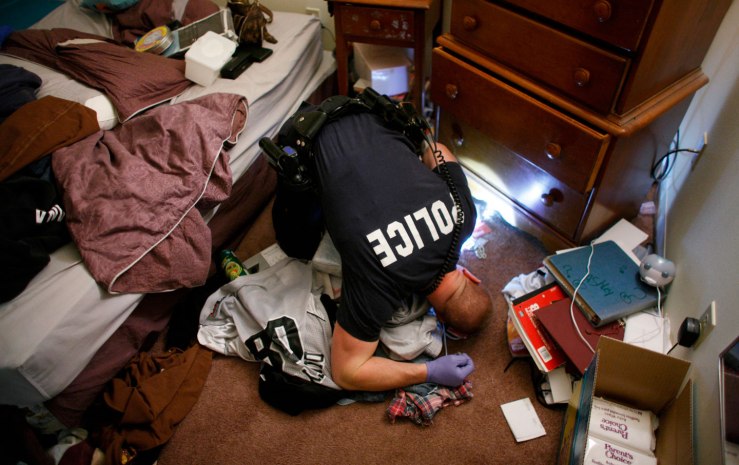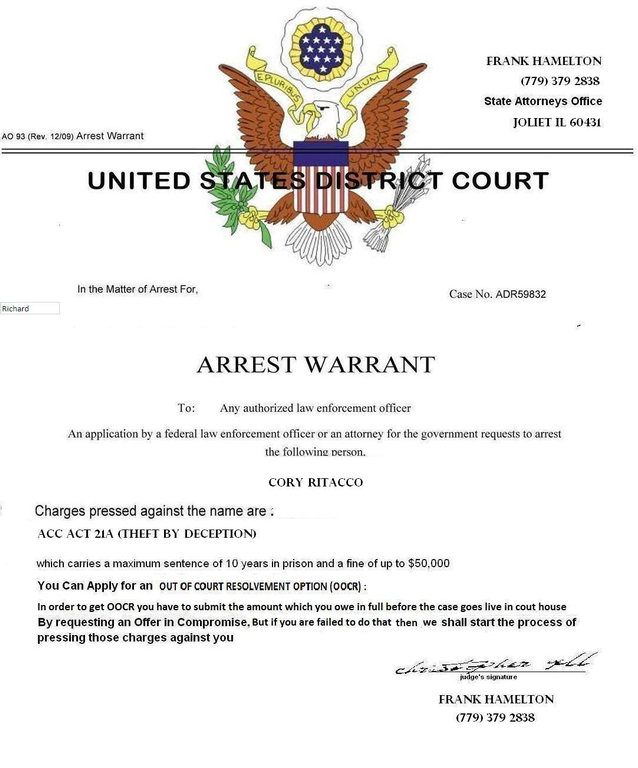Money laundering is a form of white collar crime where a person or a company disguises the earnings from illegal activities and make it appear to be from legitimate sources. The term itself, laundering, refers to making the dirty money look clean. By doing so, criminals can easily deposit the money into financial institutions and without alerting law enforcement.

Money laundering is done in three steps: placement, layering, and integration. Placement refers to the intention of gathering dirty money and introducing it to a financial system like a bank. Layering is the concealing of the money’s source through falsifying the origin through book keeping tactics and a fake front. Lastly, integration refers to the acquiring of the money through a fake front or through fake legitimate means.
There are many ways for criminals to launder dirty money. The most basic of which is using a legitimate cash-based front that’s usually owned by the criminal organization. In this modus, criminals inflate the daily cash receipts to make it appear that the establishment is earning more than what it is really earning, then deposit dirty money into the bank. These types of businesses are usually called fronts.

Another way criminals launder money is called smurfing. Here, the criminal doesn’t deposit everything into one bank account. Instead, they break the amount into several smaller deposits and place them in separate accounts to avoid detection.
Some criminal organizations even go as far as transferring their money into offshore bank accounts where money-laundering laws are less strict. Criminal organizations can create shell companies where they can stash their profits.
Joe Tacopina, the founder and Managing Partner of Tacopina & Seigel, specializes in criminal, civil, and securities litigation. Mr. Tacopina is an attorney who has positioned himself well as a committed legal professional and an accomplished leader. To learn more about the law, visit this blog.





